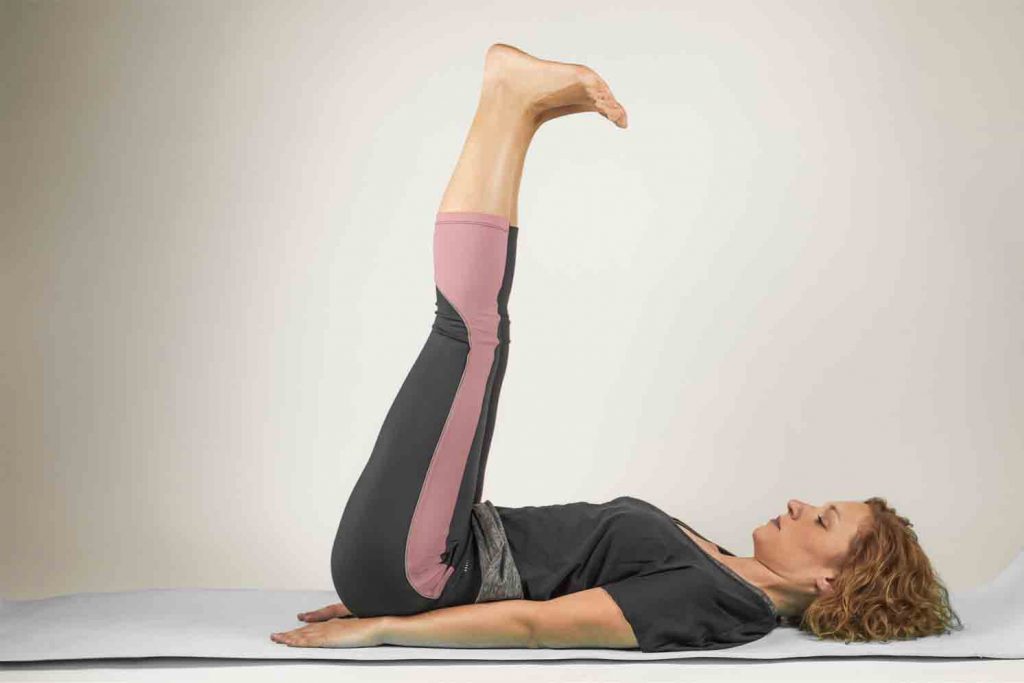Hey there, lovely ladies! Today, we’re diving into a topic that affects many of us but doesn’t always get the attention it deserves: spondylolisthesis and its impact on women. Whether you’re a woman living with this condition or supporting a female friend or family member who is, this blog is for you. So, grab your favorite snack and let’s chat about spondylolisthesis and women’s health!

Understanding Spondylolisthesis
First things first, let’s break down what spondylolisthesis is all about:
- Spondylolisthesis: This mouthful of a word refers to a condition where one of the vertebrae in the spine slips out of place and onto the vertebra below it. It can cause back pain, stiffness, and sometimes even nerve compression, making it a real pain in the… well, you know where!
Spondylolisthesis and Women: What You Need to Know
Hormonal Factors
Did you know that hormonal changes can play a role in the development and progression of spondylolisthesis in women? Here’s how:
- Pregnancy: The hormonal changes that occur during pregnancy, coupled with the additional weight gain and strain on the spine, can exacerbate spondylolisthesis symptoms in some women. It’s essential to prioritize good posture and proper body mechanics during pregnancy to minimize discomfort.
- Menopause: The drop in estrogen levels that occurs during menopause can lead to bone loss and osteoporosis, which, in turn, can increase the risk of spondylolisthesis-related fractures and spinal instability in women. It’s crucial for women going through menopause to prioritize bone health through regular exercise, calcium-rich foods, and, if necessary, hormone replacement therapy.
Psychological Impact
Living with spondylolisthesis can take a toll on your mental health, and women may face unique challenges in this regard:
- Body Image: For many women, body image is closely tied to their sense of self-worth and identity. Dealing with changes in physical appearance or limitations in mobility due to spondylolisthesis can impact body image and self-esteem. It’s essential to practice self-compassion and focus on the things your body can do rather than its limitations.
- Role Expectations: Women are often expected to juggle multiple roles and responsibilities, including caregiving, homemaking, and career pursuits. Balancing these roles while managing the symptoms of spondylolisthesis can be challenging. It’s essential to communicate your needs openly with your loved ones and prioritize self-care.
Navigating Treatment Options
When it comes to managing spondylolisthesis, women may have unique considerations to keep in mind:
- Pregnancy Planning: If you’re planning to become pregnant or are currently pregnant, it’s essential to discuss your spondylolisthesis with your healthcare provider. They can offer guidance on managing symptoms during pregnancy and may recommend modifications to your treatment plan to ensure the safety of both you and your baby.
- Bone Health: Women are at a higher risk of developing osteoporosis, which can exacerbate spondylolisthesis-related issues. It’s crucial to prioritize bone health through a balanced diet rich in calcium and vitamin D, regular weight-bearing exercise, and, if necessary, medications to prevent bone loss.
Finding Support and Community
You’re not alone on this journey, lovely ladies! There are plenty of resources and support networks available to help you navigate the challenges of living with spondylolisthesis:
- Online Communities: Joining online support groups or forums specifically for women with spondylolisthesis can provide a sense of camaraderie and understanding. It’s a safe space to share your experiences, ask questions, and receive support from others who truly get what you’re going through.
- Professional Support: Don’t hesitate to reach out to healthcare professionals, such as physical therapists, chiropractors, or mental health counselors, who specialize in treating women with spondylolisthesis. They can offer personalized guidance and support tailored to your unique needs and circumstances.
Wrapping Up
Living with spondylolisthesis as a woman presents its challenges, but it doesn’t have to define you or your quality of life. By understanding the unique factors that impact women with spondylolisthesis, prioritizing self-care, and seeking support when needed, you can continue to thrive and live life on your own terms. Remember, you’re strong, resilient, and capable of overcoming any obstacle that comes your way!
